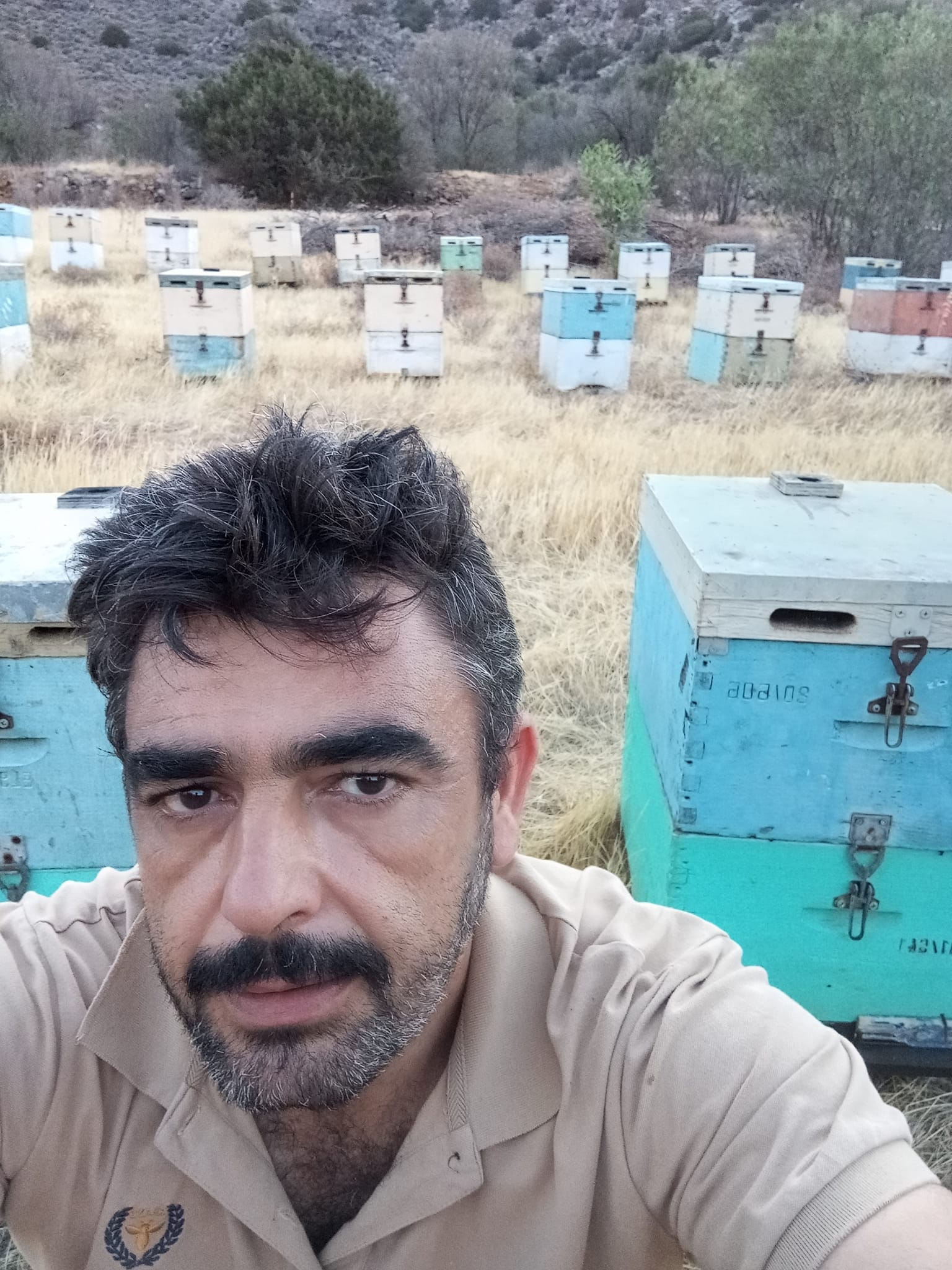The Greek beekeeping industry is facing a crisis, with honey production anticipated to plummet to unprecedented lows this year. Beekeepers are sounding alarms over the potential extinction of both their industry and the bee population.
Drought and early, severe heatwaves have disrupted honey production nationwide. In regions such as Crete and the islands, honey output is expected to drop by 80% to 90%, while reductions in other areas of Greece are reaching 60%.
Summer honey varieties, including wild strawberry tree, fir, and thyme, are becoming nearly extinct. The president of the Federation of Greek Beekeepers’ Associations, highlights the severity of the situation, stating, “In Crete, which is the motherland of thyme honey, we didn’t harvest at all.”

Climate change has wreaked havoc on honey production, with beekeepers observing that their bees’ biological cycles are increasingly disrupted.
However, espite its crucial role in Greece’s agriculture, the beekeeping sector remains largely unsupported by state aid, including subsidies from the Common Agricultural Policy (CAP) and compensation from the Greek Agricultural Insurance Organization.
Furthermore, financial pressures are mounting as high costs become unsustainable under the current harsh conditions, placing the future of Greek beekeeping in grave jeopardy without significant state intervention.
Adding to the sector’s difficulties, Greek beekeepers are grappling with the influx of imported honey sold under false domestic labels at much lower prices. This practice not only defrauds consumers and beekeepers but also threatens consumer health with potentially hazardous products.
Despite the severity of the problem, the government has yet to implement effective measures to protect Greek producers and consumers.
Moreover, the market is flooded with low-quality, inexpensive honey imported from countries like Ukraine and China, often sold without tariffs.
This undercuts Greek honey, leading to undervaluation and unsold stock, as local honey struggles to compete with these cheaper imports.
The situation calls for stringent government action, including rigorous inspections, closing legislative loopholes, and imposing hefty fines on offenders.




